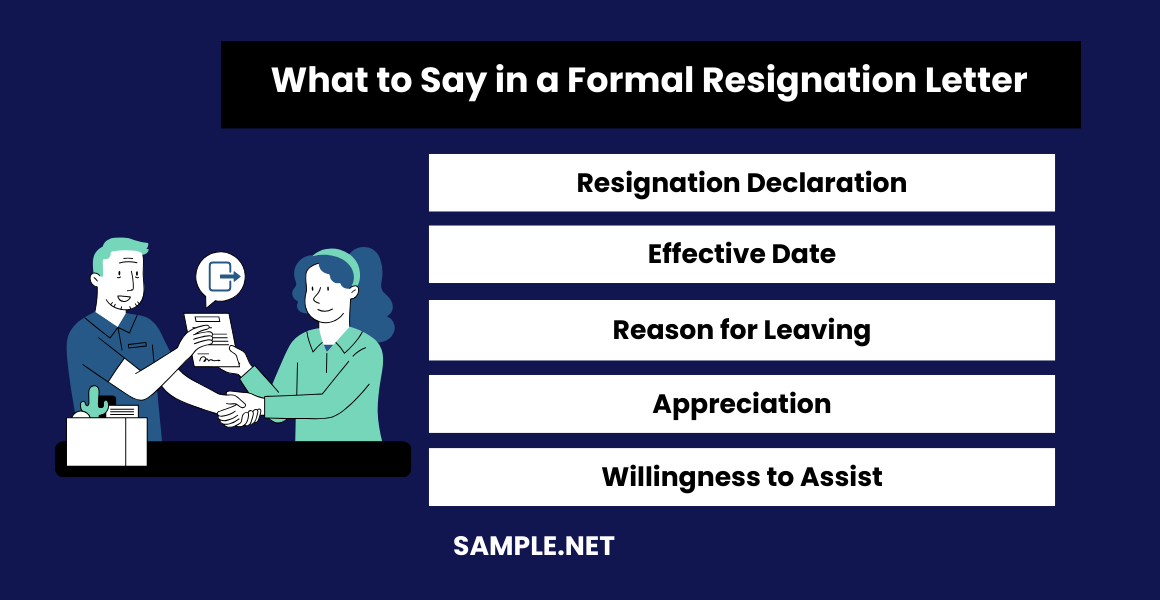Official Resignation Samples
-
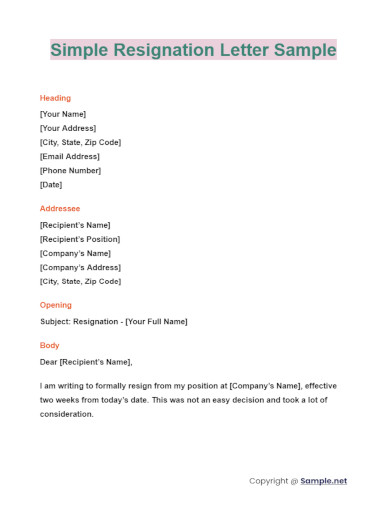
Simple Resignation Letter Samples
download now -
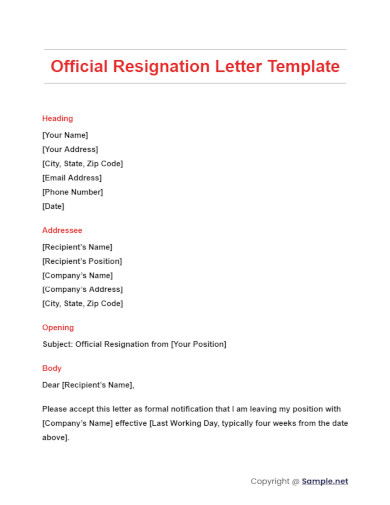
Official Resignation Letter Template
download now -
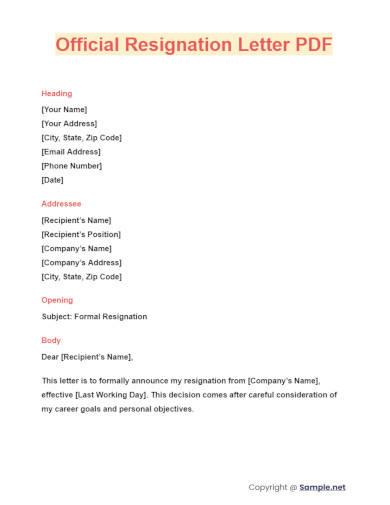
Official Resignation Letter PDF
download now -
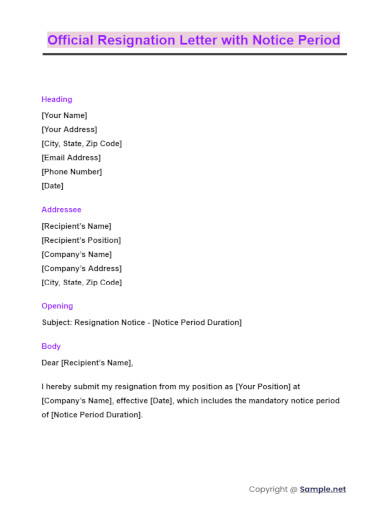
Official Resignation Letter with Notice Period
download now -

Official Resignation Letter Template
download now -
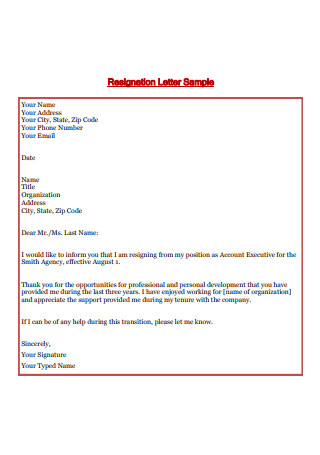
Resignation Letter Sample
-
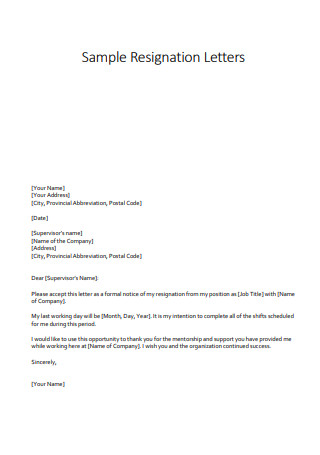
Sample Resignation Letters
-
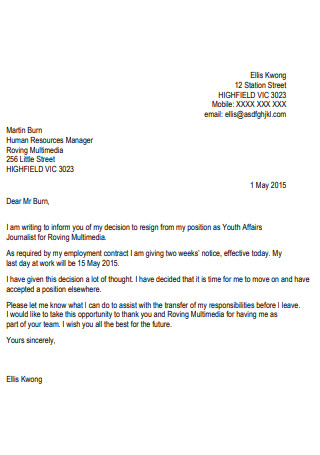
Elected Official Resignation Letter
-
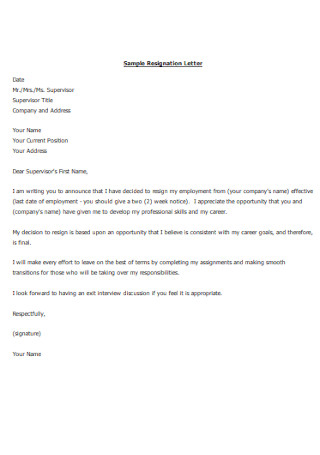
Best Official Resignation Letter
-
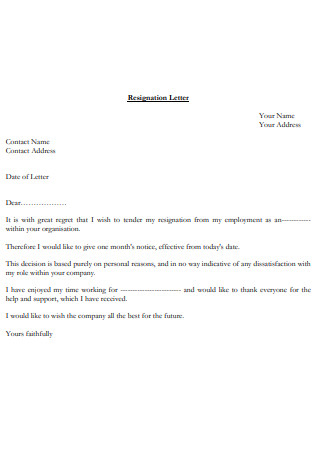
Official Resignation Letter
-
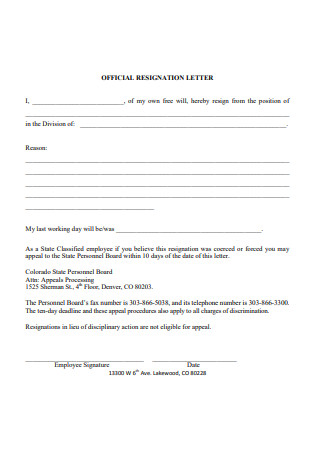
HR Official Resignation Letter
-
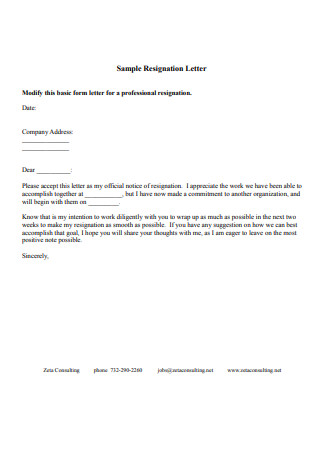
Professional Resignation Letter
-
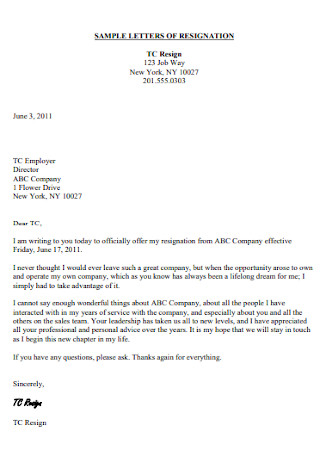
Employee Official Resignation Letter
-

Formal Resignation Letter Example
-
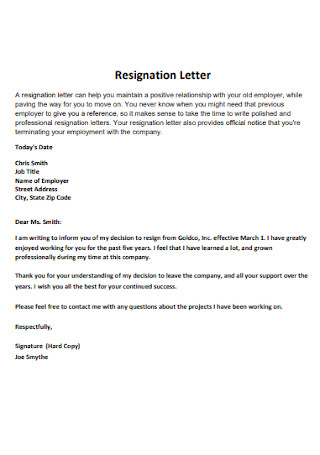
Resignation Letter Format
-
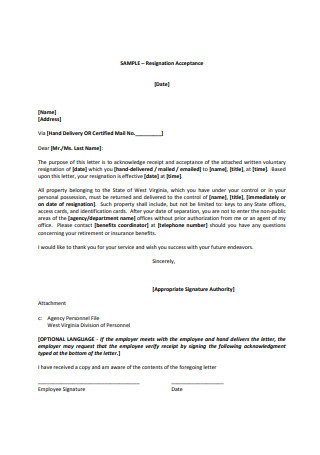
Resignation Acceptance Letter
-
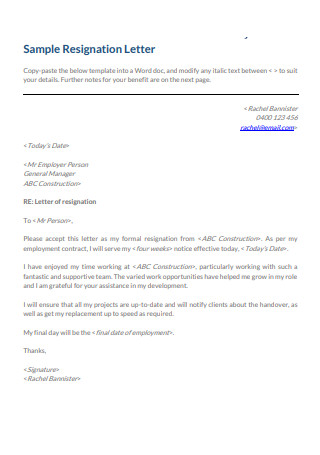
Construction Resignation Letter
-
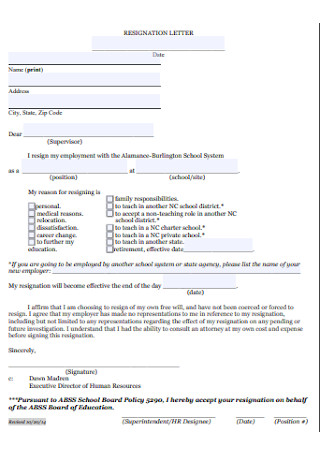
Personal Resignation Letter
-
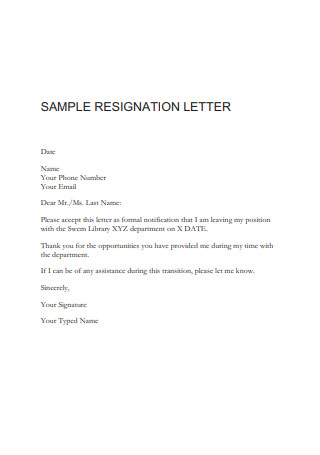
Library Resignation Letter
-
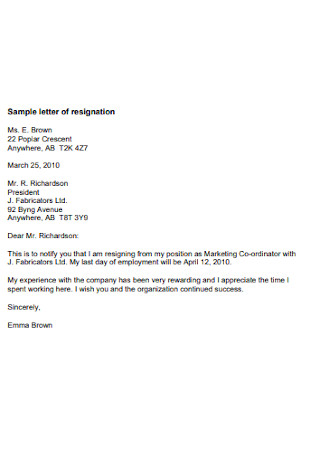
Sample Letter of Resignation
-
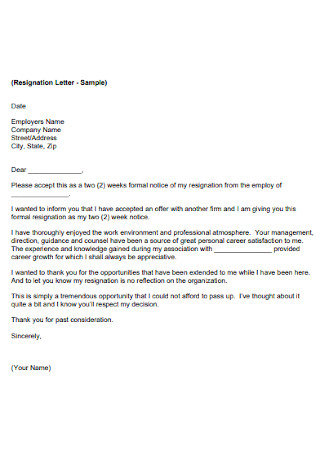
Employee Letter of Resignation
-
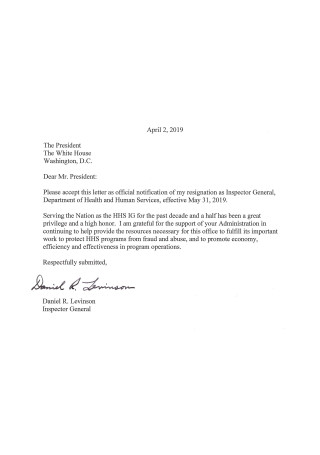
Department Resignation Letter
-
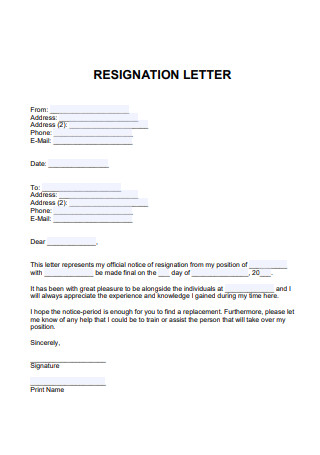
Letter of Resignation Format
-
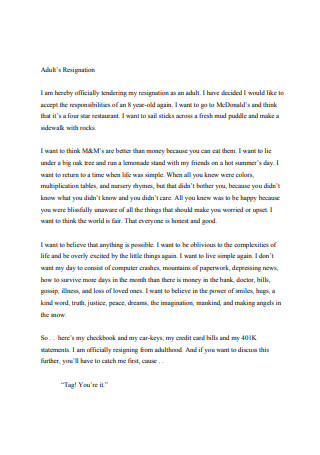
Adults Resignation Letter
-
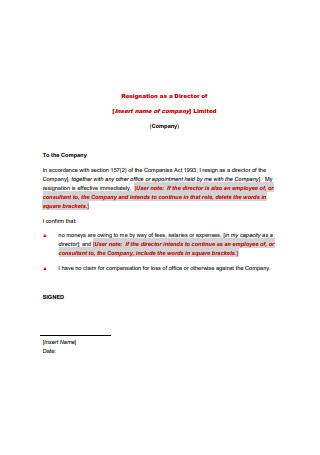
Resignation as a Director
-
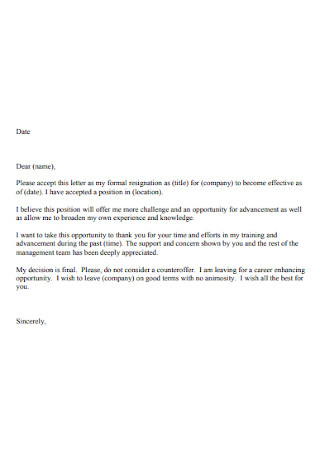
Formal Letter of Resignation
-
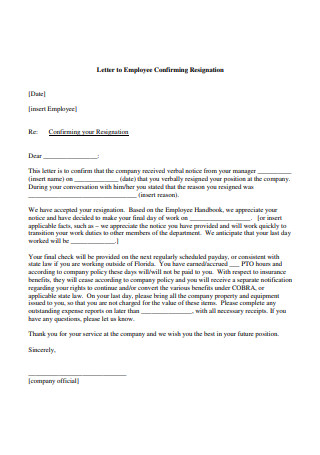
Letter to Employee Confirming Resignation
-
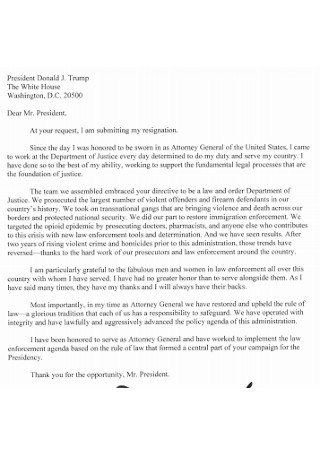
Basic Letter of Resignation
-
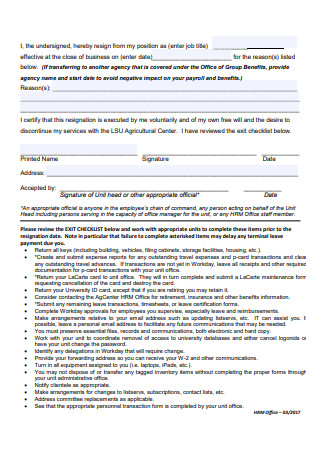
Standard Resignation Letter
-
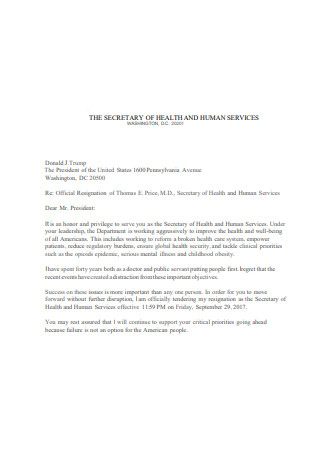
Secretary Resignation Letter
-
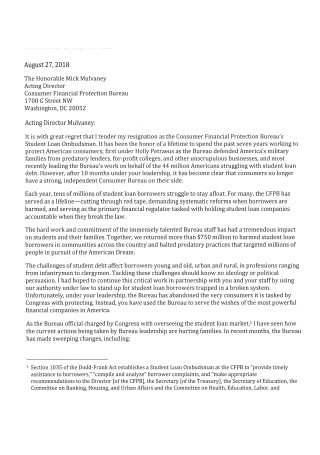
Simple Resignation Letter
-
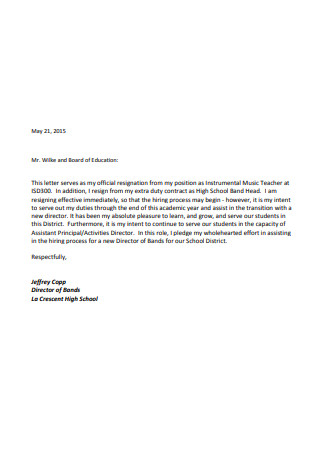
Education Resignation Letter
-
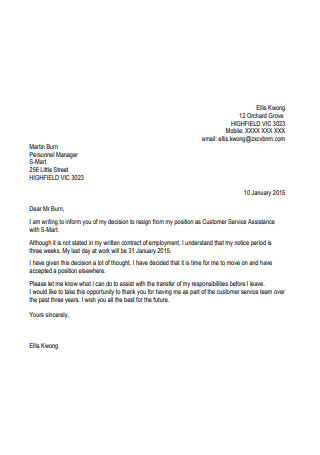
Assistance Resignation Letter
-
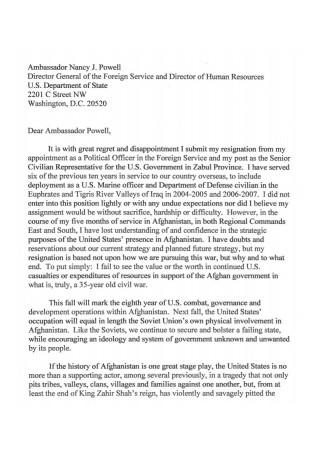
Political Resignation Letter
-
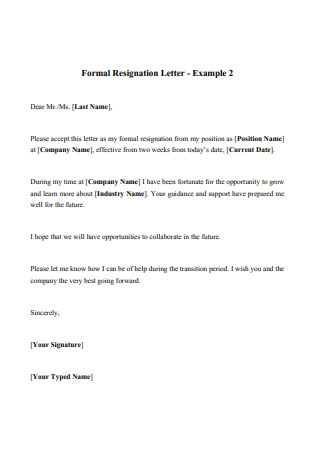
Formal Resignation Format
-
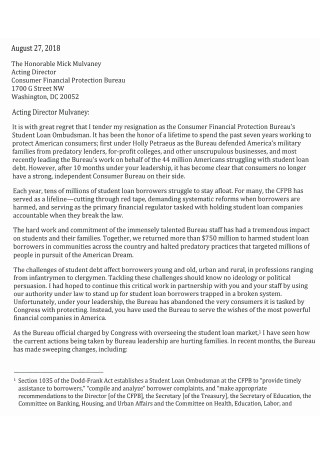
Normal Resignation Letter
-
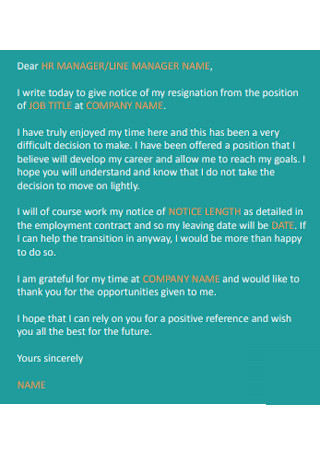
Job Resignation Letter
-
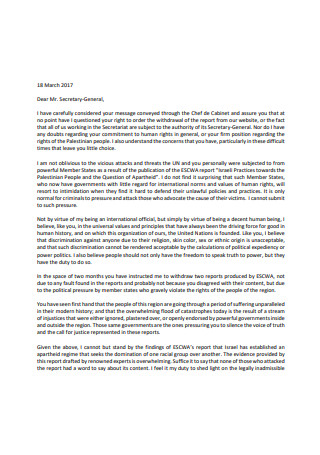
Executive Secretary Resignation Letter
-
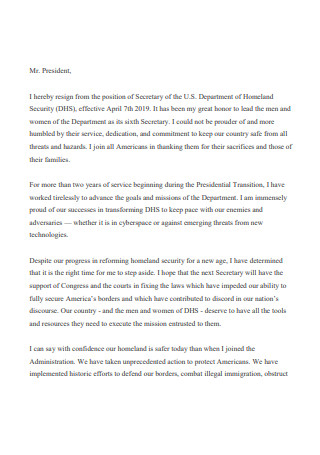
Secretary Resignation Letter Format
-
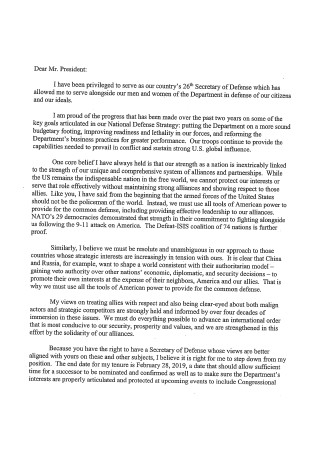
Resignation Letter
-
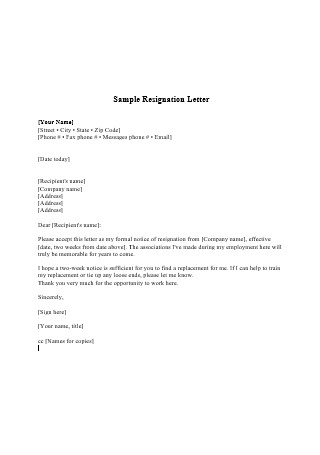
Sample Resignation Letter Format
-
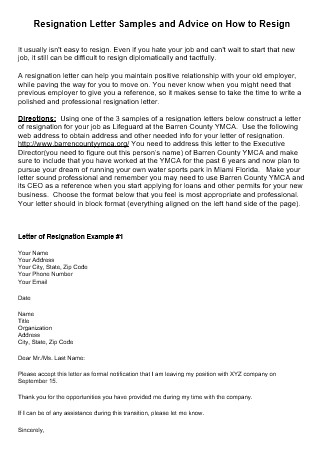
Resignation Letter Samples and Advice
-
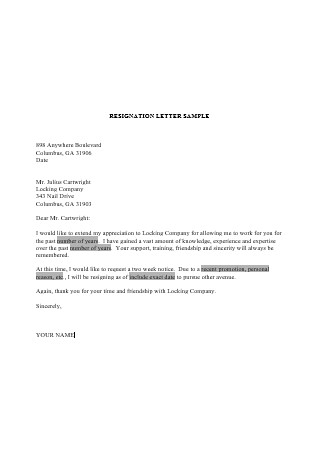
Basic Resignation Letter
-
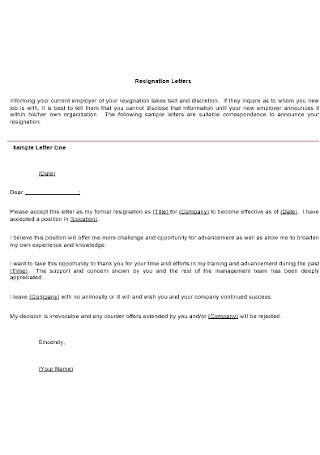
Resignation Letter Sample One
-
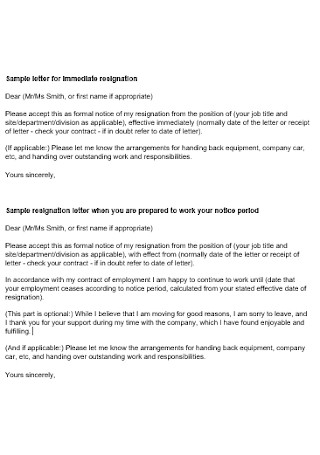
Sample Letter Immediate Resignation
-
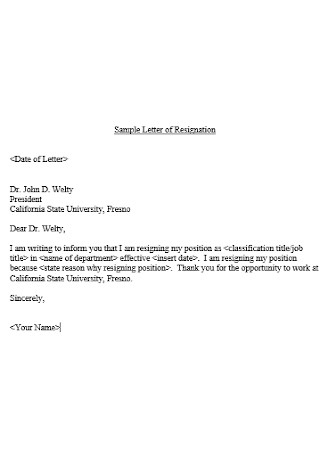
Sample Letter of Resignation
-
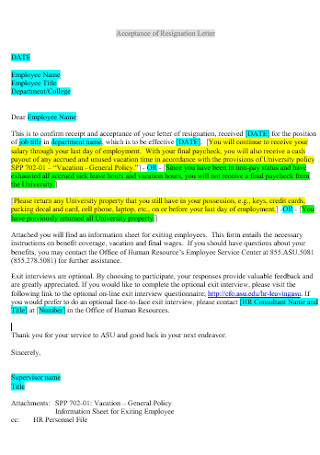
Acceptance of Resignation Letter
-
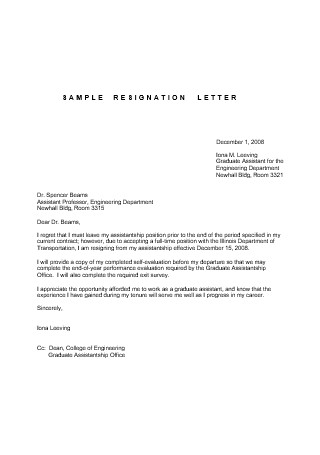
Assistance Letter of Resignation
-
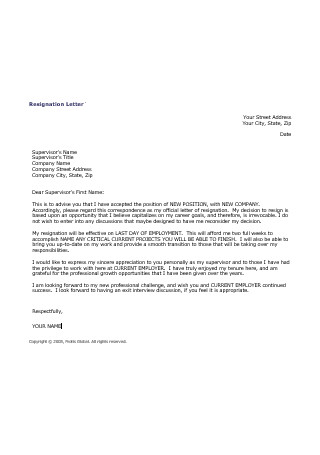
Professional Letter of Resignation
-
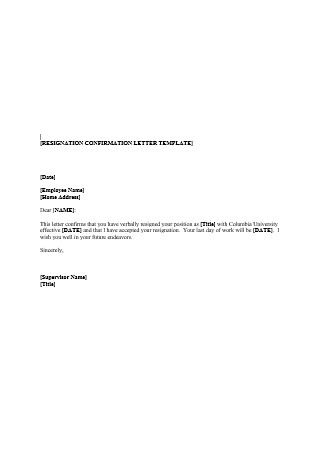
Resignation Conformation Letter
-
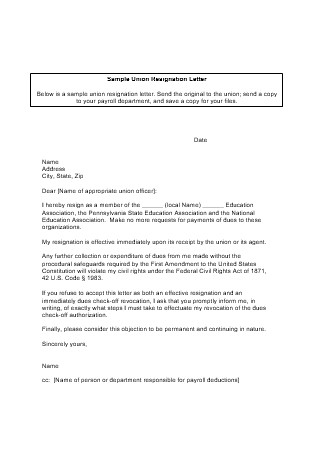
union Resignation Letter
-
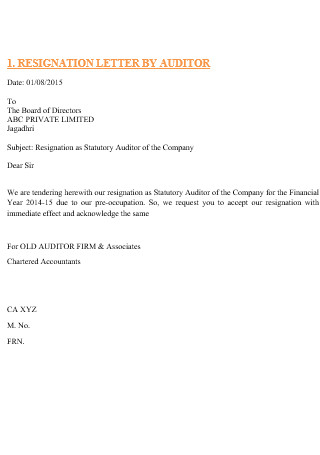
Resignation Letter by Auditor
-
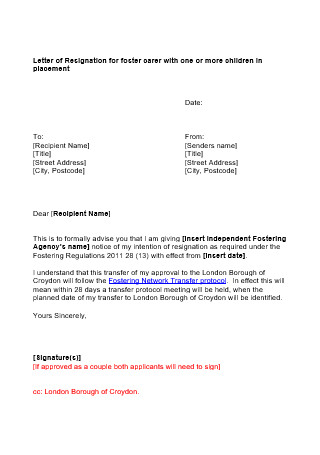
Resignation Letter for Placement
-
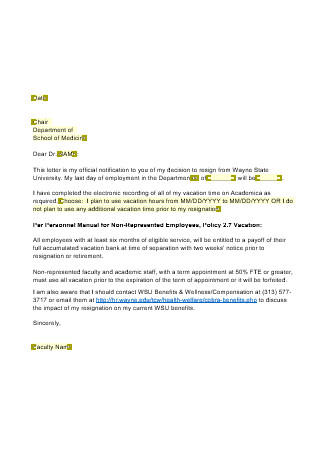
Department Letter of Resignation
FREE Official Resignation Letter s to Download
Official Resignation Letter Format
Official Resignation Samples
What Is an Official Resignation Letter?
Types of Official Resignation Letters
Importance of Writing an Official Resignation Letter
How to Write an Official Resignation Letter
The Dos and Don’ts of an Official Resignation Letter
How to Write a Formal Letter of Resignation
How Do You Officially Resign?
What to Say in a Formal Resignation Letter?
What Not to Say When You Resign?
What Do I Say to Resign Gracefully?
How Do You Politely Resign Immediately?
What Is a Strong Reason for Immediate Resignation?
How Do I Resign a Gracefully Letter?
How Do You Politely Resign in an Email?
Who Should You Tell First When Resigning?
Can Resignation Be Rejected?
What Is the Notice Period for Resignation?
Should I Resign on a Friday or Monday?
What Is the Best Time of Day to Resign?
Download Official Resignation Letter Bundles
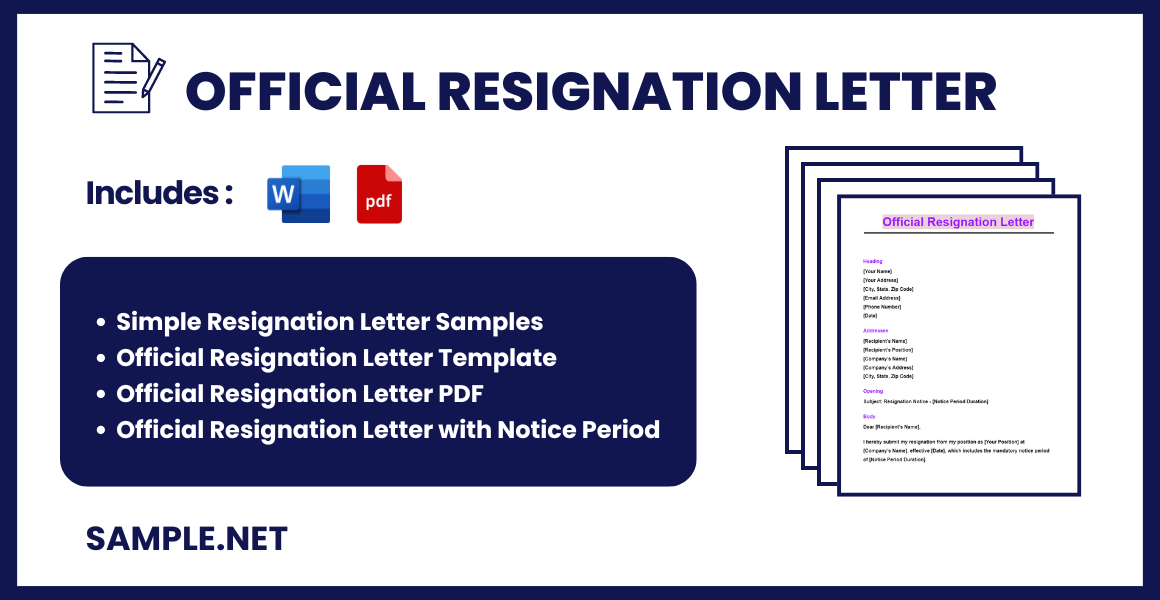
Official Resignation Letter Format
Heading
- Your Name
- Your Address
- City, State, Zip Code
- Email Address
- Phone Number
- Date
Addressee
- Recipient’s Name
- Recipient’s Position
- Company’s Name
- Company’s Address
- City, State, Zip Code
Opening
- Subject Line: Formal Resignation Notice
Body
- Formal Declaration of Resignation
- Last Working Day
Closing
- Signature Block
What Is an Official Resignation Letter?
Official Resignation refers to the formal process of notifying your employer about your decision to leave the company. It involves submitting a written notice, typically in the form of a Resignation Letter, which details your intent to resign, the effective date, and often includes a brief reason for leaving. This formal document serves as a professional courtesy to your employer, allowing them to manage the transition and start looking for a replacement. It’s crucial for maintaining positive relationships and ensuring a smooth handover of responsibilities, making it an essential step in your career progression.
Reuters reports that according to the US Labor Department’s monthly Job Openings and Labor Turnover Survey, the number of workers leaving their jobs on their own increased from 212,000 to 3.3 million. With a resignation letter, an employee is given an opportunity to leave on a positive note and maintain whatever positive relationships that were built with his or her previous company and its people even if he or she has voluntarily quit the job.
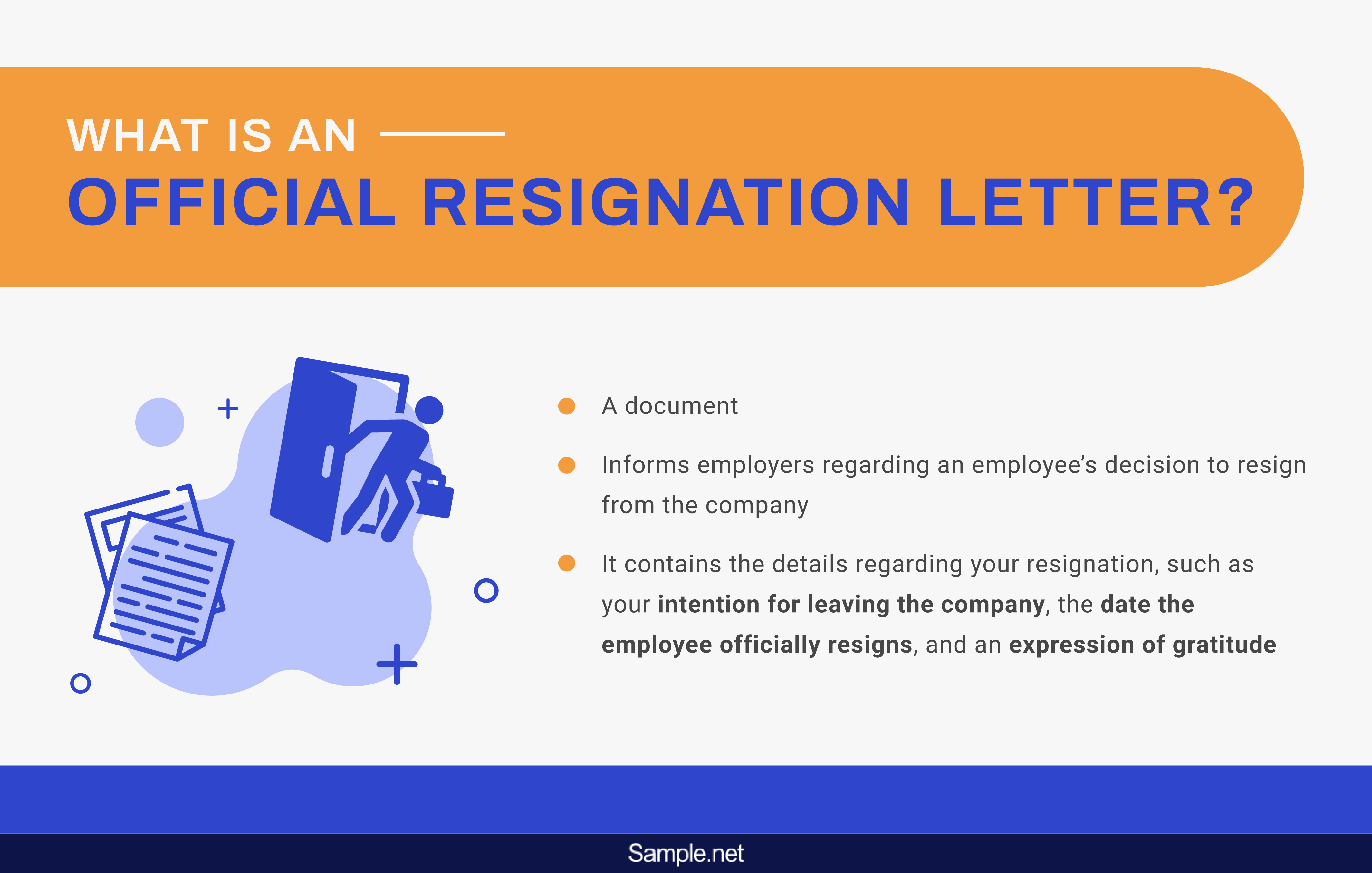
Types of Official Resignation Letters
Before you leave your post, ensure you have written an official resignation letter where you can express your intent to resign and inform the recipient of its effective date. In this case, you should already know the type of resignation letter that best suits your needs. These types are further discussed below.
Importance of Writing an Official Resignation Letter
Writing an official resignation letter is as important as leaving on good terms with your employers and your colleagues. Through this letter, you can give your thanks to your employer for the opportunities and the experiences you gained throughout your employment. Additionally, leaving without handing a resignation when required is not only unprofessional but also gives the impression that you are disrespectful and ungrateful. Resignation letters can also give room for you to further supply details that clarifies any issues as well as any other inquiries.
Not all employers would require you to send a professional job resignation letter, but if you find the need so, by all means, provide one that is effectively written. And whether your employer would admit it or not, those employees who would send a resignation letter can be something advantageous for them, especially that it keeps their files and documents organized. Resignation letters enable you to cut ties with your employer formally, and this also provides you with various advantages such as having a good referral for when you will apply for another job. Sending a resignation letter before quitting your job is a manifestation that you are a responsible individual even up to the remaining days of your employment.

How to Write an Official Resignation Letter
Thinking of handing in an official resignation letter just for the sake of it? Think twice because your resignation letter holds more value and responsibility than you think. Thus, it is important that you should know how to properly write one that can effectively communicate the necessary information you want to convey. With that, take a look at our easy-to-follow steps below on how you can come up with an effective official resignation letter.
Step 1: Start with the Proper Headings
Like any other letters, the first thing you need to write on your resignation letter are the necessary addresses and date. The date you write in your letter must be the date when you wrote the letter. The addresses include the inside address where you write the address and contact information of the receiver and the return address where you indicate your address and contact information.
Step 2: Write the Salutation
The salutation of your resignation letter is a sign of courtesy that also serves as your first formal greeting to the receiver of the letter. This part of the letter also sets the tone of your letter, so if you want to ensure that you greet in a formal and professional tone, make sure you know what to write. Most salutations start off with “Dear + Sir/Madam + his/her family name”; for example, Dear Mrs. De la Cruz. Since an official resignation letter is a formal letter, end it with a colon (:) after the last name instead of a comma (,).
Step 3: Write the Introduction
The body of your official resignation letter consists of three paragraphs. The first paragraph, which is the introductory part of your letter, is where you lay out your intention for writing the letter and the need to write it and it also indicates the exact date when your resignation takes effect. You also express the purpose of the letter in this paragraph, which is your intent to quit your position.
Step 4: Explain and Express
The second paragraph of your letter consists of the supporting details regarding your resignation. This is where you may write down the reasons behind your resignation letter. It is also in this paragraph where you can express your gratitude to your employer.
Step 5: Conclude with an Offer
The third paragraph states your willingness and initiative to help out in the transition process. You can indicate that you can be contacted through the contact details you have noted in the return address without having to reiterate it?this serves as your conclusion.
Step 6: Add the Complimentary Close and the Signature Line
Use a complimentary close such as Respectfully Yours, Sincerely Yours, and Truly Yours to formally end your letter. Two spaces below the complimentary close should be the signature line where you write down in print your full name and signature as well as the position you hold in the company.
Step 7: Check and Edit Your Final Draft
Any mistake can lead to miscommunication. So before you print or hand in your official resignation letter, make sure you have thoroughly checked its entire contents to avoid confusion. You can ask someone to check your final draft for you if you have already checked your work and haven’t noticed any grammatical mistakes and spelling errors.
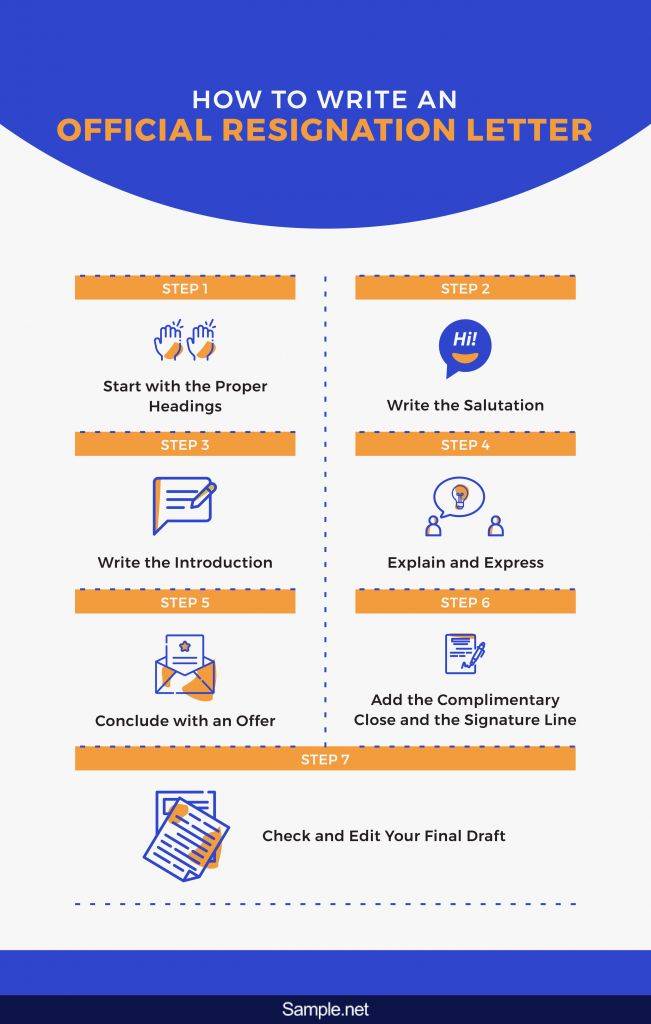
The Dos and Don’ts of an Official Resignation Letter
No matter how eager you are to move on to the next step of your career, do not fail to amicably close the doors of the job position you’re leaving behind. Handing in an official resignation letter is the best way to end this chapter of your life. But before you start composing your resignation letter, take a look at the following dos and don’ts to keep you guided and to ensure that you are writing quality and well-thought-out content for your official resignation letter.
What to Do
1. Do state your intention for resigning.
When you clearly indicate your intention to resign, it will be convenient not only for you but also for your employer so he or she will no longer think that you might reconsider your decision once you are given a counteroffer.
2. Do mention your reasons for quitting.
You don’t necessarily have to write down your reasons why you are leaving the company, but it is in doing so that your employer will be given a clearer and better sense regarding your resignation. So, if your reasons revolve around accepting a job offer from another company, retirement, and the like, make sure you clearly indicate it all.
3. Do mention your willingness to help out during the transition.
If you know that the position you are quitting can be difficult to fill or handle, you can mention in your resignation letter that you are very much willing to train someone on how to do your job position effectively. No one else in the company who can properly give a smooth transition other than you so if you are aware that your position is not easy to take over without guidance, your initiative to help out will be appreciated.
4. Do express your gratitude towards your employer.
It is common courtesy to express gratitude. No matter how much you want to give your employer a piece of your mind before your departure, you have to resist the temptation and earn that lasting impression as someone who was ungrateful. It is already a given that positive experiences are something you can be thankful for; however, negative experiences are also something you can be thankful for, especially if you have learned something valuable out of it.
5. Do keep your professionalism.
Leave with grace by keeping your professionalism even if you are about to quit from your current position. Even if your main reason for leaving is the working conditions of the company, you still need to indicate with the utmost respect and do not even think about ranting it tactlessly. Keeping your professionalism will also earn you a letter of recommendation from your employer.
6. Do make your content concise and brief.
Resignation letters are a type of formal letter so, as much as possible, keep your content concise and brief as possible and make no room for any long-winded narrative where you narrate unnecessary details regarding your decision to resign.
7. Do keep things positive.
Regardless of your reasons for resigning, the tone of your official resignation letter should be positive. Make it a goal to part from your current job in good terms and maintain the professional network you have built. Always remember that your resignation letter will play an important role in your personnel so if you write negative things in it, it will also result in a negative effect in the future when you are applying for other jobs.
What Not to Do
1. Don’t feel compelled to write down your reasons for leaving.
There are instances where it cannot be helped, but an employee would feel less than congenial towards the company he or she is resigning from. If this is your case, then do not feel compelled to cite all the reasons for quitting your job. Apart from the fact that doing so is optional, there is also a tendency where you can’t help but give your employer a piece of your mind. So no matter what or how you feel, you can never go wrong in leaving on good terms.
2. Don’t promise anything you can’t commit.
Even if you care for the company and that you are very much willing to help out during the transition process, some unavoidable instances. When the training period for your new job is about to start, your presence will surely be required by then that you can no longer accommodate your previous employer whenever they need your help. This is why you need to indicate that no matter how willing you are to help, you need to indicate that there you have limitations.
3. Don’t brag about your new job.
Bragging generates resentment among your soon-to-be ex-colleagues, including your employer. As much as you are happy and excited about your new job, never brag about it. There is no valid reason why you should make your employer and colleagues feel bad, upset, or uncomfortable about your departure. Just move on to your new job with humility, offer them your support, and thank them for the experience.
4. Don’t speak negatively about anyone.
You might view your resignation letter as a means for you to communicate with your employer. However, your letter shouldn’t be the avenue where you air out your frustrations towards your colleagues. For sure, there are other suitable and appropriate avenues for that such as assessments, evaluations, and performance reviews. Complaining about your colleagues in your resignation letter is not only inappropriate, but it also puts you in a bad light.
5. Don’t state any negative things about the company.
It is not appropriate to discuss any ill feelings, sensitive issues, or any other negative things toward the company in your resignation letter. Such matters can be properly discussed and addressed during the exit interview, where you can be honest all you want and can further expound the reasons behind your resignation. Your resignation letter is considered as a formal document to the company, and you surely wouldn’t want to have a negative letter in your permanent records.
6. Don’t write when your emotions still control you.
If your resignation is caused by misunderstandings and any other issues related to the people within the company, it is best not to write your resignation letter because your strong emotions will surely get the worst in you. Write when you are emotionally sound so you can easily focus on things that matter and write a letter that will not have a bad impression on your employer.
7. Don’t forget to proofread your output.
Do not make the mistake of not checking and editing your output before sending it out to your employer or the HR manager. You can also ask someone to review your final draft in case there are spelling errors and grammatical mistakes that you failed to notice. Apart from the technicalities, ensure that the details you incorporate in your resignation letter are correct and accurate in order to avoid confusion and miscommunication.
How to Write a Formal Letter of Resignation
Creating a formal letter of resignation involves expressing your intent to leave respectfully and professionally.
- Header Information: Start with your contact information, the date, and your employer’s contact details.
- Professional Salutation: Use a formal greeting like “Dear [Manager’s Name].”
- Statement of Resignation: Clearly state your intention to resign, typically found in a Standard Job Resignation Letter.
- Last Day of Employment: Specify your last working day, adhering to company policies or contractual terms.
- Expression of Gratitude: Thank your employer for the opportunities and experiences you’ve gained. You also browse our Teacher Resignation Letter
How Do You Officially Resign?
Officially resigning requires communicating your decision formally and thoughtfully to maintain professional relationships.
- Formal Notification: Write a formal resignation letter and submit it to your direct supervisor.
- Discuss in Person: Arrange a meeting to discuss your resignation before submitting the letter.
- Follow Up: Provide a copy of your resignation letter to the HR department.
- Transition Plan: Offer your cooperation in the transition of your responsibilities.
- Stay Professional: Maintain a positive and professional demeanor throughout the process, reflecting the tone of a Board Resignation Letter.
What to Say in a Formal Resignation Letter?
What you include in your resignation letter can influence your professional relationships moving forward.
- Resignation Declaration: Begin with a statement of your intent to resign.
- Effective Date: Include the date your resignation will take effect, similar to a Two Weeks’ Notice Resignation Letter.
- Reason for Leaving: Briefly mention your reason for leaving in a positive or neutral tone.
- Appreciation: Express gratitude for the growth opportunities and experiences.
- Willingness to Assist: Indicate your willingness to help during the transition period.
What Not to Say When You Resign?
It’s important to avoid certain topics and tones that could burn bridges or cause professional harm.
- Negative Comments: Refrain from criticizing the company, your colleagues, or your superiors.
- Too Much Information: Avoid oversharing about your new opportunities or personal reasons for leaving.
- Grievances: Do not use the resignation letter as a venue to air grievances.
- Unprofessional Language: Keep the tone professional and courteous at all times.
- Blame: Do not assign blame for your departure.
What Do I Say to Resign Gracefully?
Resigning gracefully means leaving on good terms, with professionalism and poise.
- Express Thanks: Show appreciation for the opportunities provided to you.
- State Your Reasons Simply: If you choose to disclose, mention your reasons succinctly and positively.
- Offer to Help: Propose assistance with the transition, similar to suggestions in a Retirement Resignation Letter.
- Positive Reflections: Reflect positively on your time with the organization.
- Future Contact: Express a desire to keep in touch, if appropriate. You also browse our Church (Religious) Resignation Letter
How Do You Politely Resign Immediately?
Sometimes circumstances require immediate resignation, and it’s crucial to handle it with as much grace as possible.
- Immediate Notice: Inform your employer as soon as possible, using an Immediate Letter of Resignation.
- Explain Without Detailing Much: Provide a brief explanation for the sudden resignation.
- Apologize for the Suddenness: Express regret for any inconvenience caused by your swift departure.
- Thank Your Employer: Quickly thank your employer for the opportunities.
- Express Willingness to Help: Offer to assist, if feasible, in the transition from afar. You also browse our Termination Agreement
What Is a Strong Reason for Immediate Resignation?
Strong reasons for immediate resignation often involve urgent personal matters, significant professional disputes, or ethical concerns.
- Health Issues: Personal or family health emergencies that require your immediate attention.
- Unsafe Work Conditions: Situations where the work environment is unsafe or harmful.
- Ethical Conflicts: Instances where staying may compromise your ethical standards.
- Significant Professional Opportunities: An opportunity arises that requires immediate action, not unusual in a Police Officer Resignation Letter.
- Relocation: Sudden need to move due to personal or family reason
How Do I Resign a Gracefully Letter?
Resign gracefully by expressing gratitude, stating your reason briefly if appropriate, and offering to help during the transition, similar to a Professional Job Resignation Letter.
How Do You Politely Resign in an Email?
To politely resign via email, clearly state your resignation, express appreciation, and maintain a professional tone throughout your Email Resignation Letter.
Who Should You Tell First When Resigning?
You should first inform your direct supervisor or manager about your resignation before notifying colleagues or HR, to maintain the protocol of a Termination of Employment Letter.
Can Resignation Be Rejected?
No, a resignation cannot be legally rejected; it is an employee’s right to terminate their employment, regardless of a Termination of Contract.
What Is the Notice Period for Resignation?
The notice period for resignation is typically two weeks, but it can vary based on company policy and the terms outlined in your employment contract. You also browse our Termination of Lease Agreement
Should I Resign on a Friday or Monday?
It’s often best to resign on a Friday to give both yourself and your employer the weekend to process the situation, easing the transition noted in a Tenancy Termination Letter.
What Is the Best Time of Day to Resign?
The best time of day to resign is usually the end of the day or late afternoon, minimizing immediate disruption and reflecting the respectfulness of a Letter of Job Termination.
In conclusion, mastering the Official Resignation process is key to ending your employment relationship on a positive note. By using a formal Resignation Letter as an Employee Termination Letter, you communicate your intentions clearly and professionally, which helps preserve relationships and your reputation within the industry. This guide has provided you with practical steps and examples to craft effective resignation letters, making sure every aspect of your departure is handled with dignity. Remember, a well-executed resignation is not just about leaving a job; it’s about opening new doors and moving forward in your career journey with respect and professionalism.

